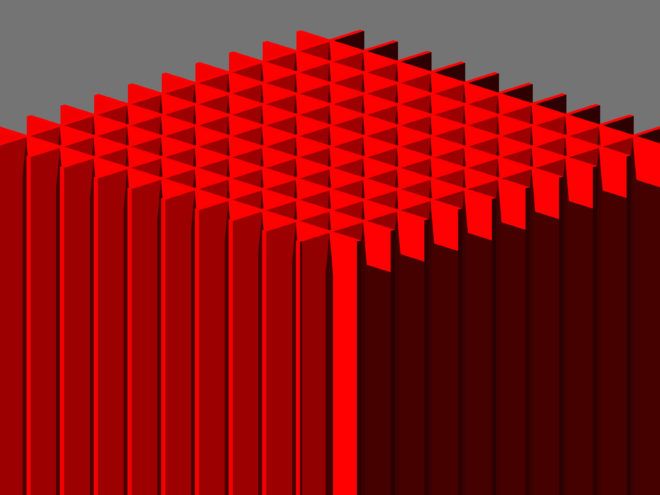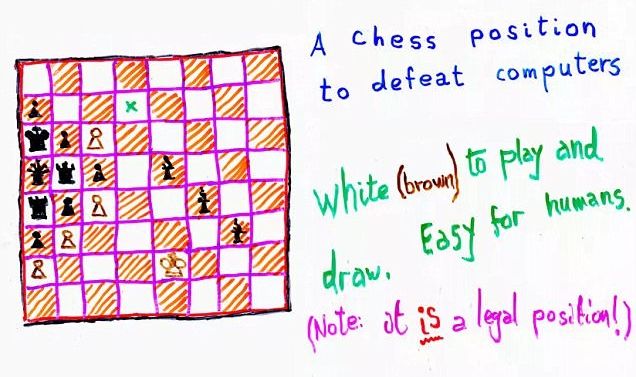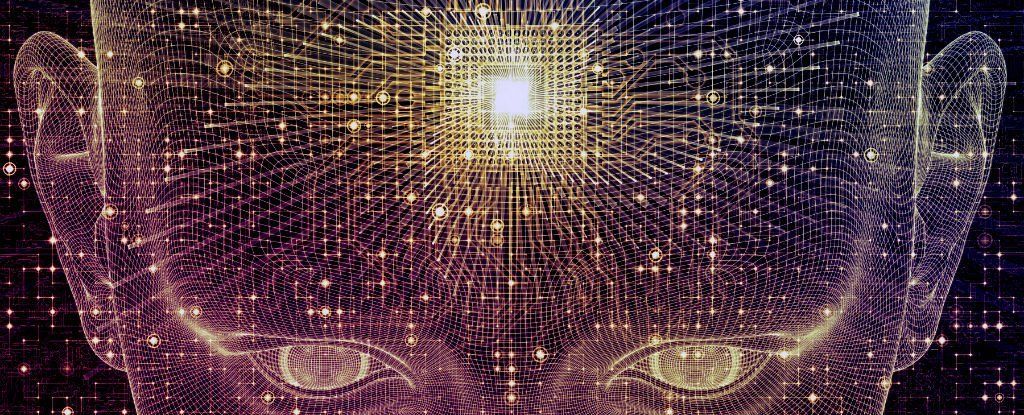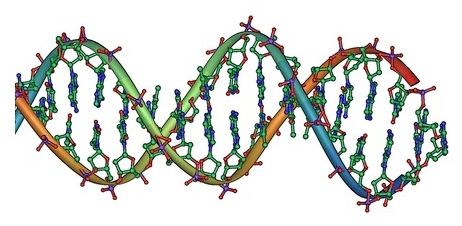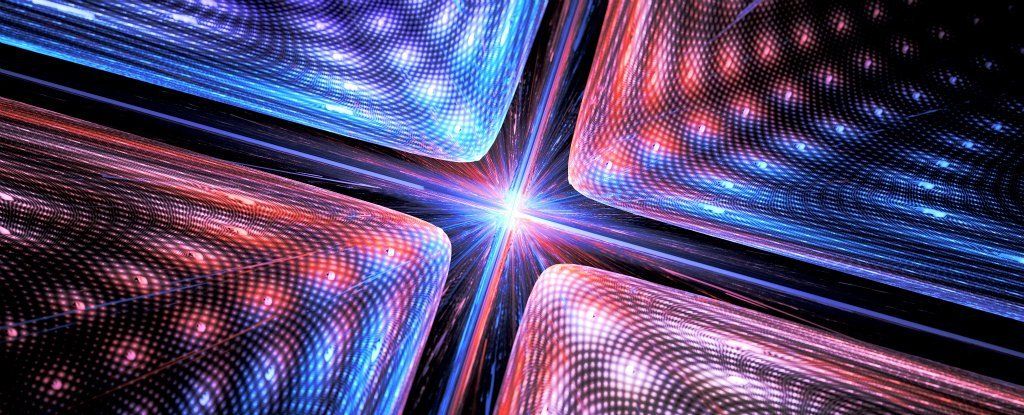Archive for the ‘quantum physics’ category: Page 535
Mar 14, 2017
Unveils roadmap for commercial “IBM Q” quantum systems
Posted by Carse Peel in categories: biotech/medical, chemistry, computing, quantum physics
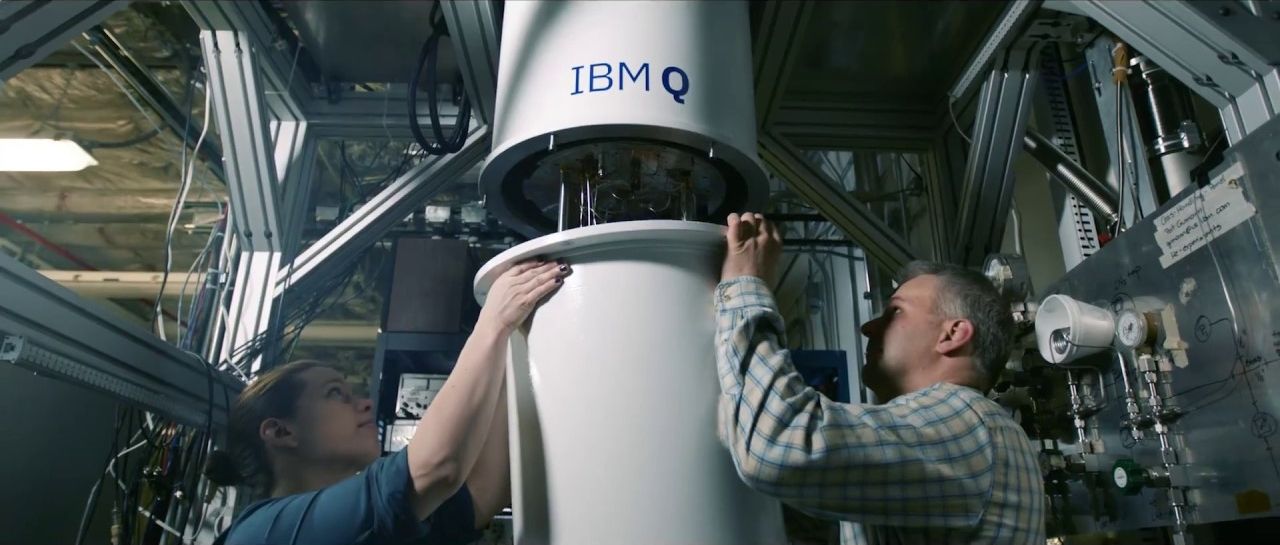
Yorktown Heights, N.Y. — 06 Mar 2017: IBM (NYSE: IBM) announced today an industry-first initiative to build commercially available universal quantum computing systems. “IBM Q” quantum systems and services will be delivered via the IBM Cloud platform. While technologies that currently run on classical computers, such as Watson, can help find patterns and insights buried in vast amounts of existing data, quantum computers will deliver solutions to important problems where patterns cannot be seen because the data doesn’t exist and the possibilities that you need to explore to get to the answer are too enormous to ever be processed by classical computers.
IBM Quantum Computing Scientists Hanhee Paik (left) and Sarah Sheldon (right) examine the hardware inside an open dilution fridge at the IBM Q Lab at IBM’s T. J. Watson Research Center in Yorktown, NY. On Monday, March 6, IBM announced that it will build commercially available universal quantum computing systems. IBM Q quantum systems and services will be delivered via the IBM Cloud platform and will be designed to tackle problems that are too complex and exponential in nature for classical computing systems to handle. One of the first and most promising applications for quantum computing will be in the area of chemistry and could lead to the discovery of new medicines and materials. IBM aims at constructing commercial IBM Q systems with ~50 qubits in the next few years to demonstrate capabilities beyond today’s classical systems, and plans to collaborate with key industry partners to develop applications that exploit the quantum speedup of the systems. (Connie Zhou for IBM)
Mar 14, 2017
Does quantum theory explain consciousness? Take the test to find out
Posted by Carse Peel in categories: computing, neuroscience, quantum physics
A chess problem could help scientists finally unravel whether quantum theory can explain human consciousness.
Oxford professor Sir Roger Penrose created the puzzle to prove the human mind can never be matched by a computer because it exhibits quantum effects.
This means the brain doesn’t follow the rules for the classical properties of matter like a computer.
Continue reading “Does quantum theory explain consciousness? Take the test to find out” »
Mar 13, 2017
Physicists Call for a Soccer-Field-Size Quantum Computer
Posted by Shailesh Prasad in categories: computing, quantum physics
The proposed system could lead to breakthroughs in currently unsolvable problems.
- By Elizabeth Gibney, Nature on February 2, 2017
Mar 13, 2017
Scientists Want to Build a Super-Fast, Self-Replicating Computer That “Grows as It Computes”
Posted by Shailesh Prasad in categories: computing, information science, quantum physics
Scientists say it’s possible to build a new type of self-replicating computer that replaces silicon chips with processors made from DNA molecules, and it would be faster than any other form of computer ever proposed — even quantum computers.
Called a nondeterministic universal Turing machine (NUTM), it’s predicted that the technology could execute all possible algorithms at once by taking advantage of DNA’s ability to replicate almost perfect copies of itself over billions of years.
The basic idea is that our current electronic computers are based on a finite number of silicon chips, and we’re fast approaching the limit for how many we can actually fit in our machines.
Mar 13, 2017
Scientists reveal new super-fast form of computer that ‘grows as it computes’
Posted by Shailesh Prasad in categories: biotech/medical, computing, engineering, quantum physics
Researchers from The University of Manchester have shown it is possible to build a new super-fast form of computer that “grows as it computes”.
Professor Ross D King and his team have demonstrated for the first time the feasibility of engineering a nondeterministic universal Turing machine (NUTM), and their research is to be published in the prestigious Journal of the Royal Society Interface.
The theoretical properties of such a computing machine, including its exponential boost in speed over electronic and quantum computers, have been well understood for many years – but the Manchester breakthrough demonstrates that it is actually possible to physically create a NUTM using DNA molecules.
Mar 13, 2017
Scientist finds entanglement instantly gives rise to a wormhole
Posted by Andreas Matt in categories: cosmology, particle physics, quantum physics
Quantum entanglement is one of the more bizarre theories to come out of the study of quantum mechanics – so strange, in fact, that Albert Einstein famously referred to it as “spooky action at a distance.”
Essentially, entanglement involves two particles, each occupying multiple states at once – a condition referred to as superposition. For example, both particles may simultaneously spin clockwise and counterclockwise. But neither has a definite state until one is measured, causing the other particle to instantly assume a corresponding state.
The resulting correlations between the particles are preserved, even if they reside on opposite ends of the universe.
Continue reading “Scientist finds entanglement instantly gives rise to a wormhole” »
Mar 8, 2017
Here’s How Quantum Gravity Will Change Our Understanding of the Universe
Posted by Andreas Matt in category: quantum physics
Resolving two quantum systems with opposite notions of time can reveal the true nature of time.
Mar 7, 2017
Quantum Microscope Spies on Chemical Reactions in Real Time
Posted by Bruno Henrique de Souza in categories: particle physics, quantum physics
Diamond-based imaging system uses magnetic resonance of electrons to detect charged atoms.
- By Sara Reardon, Nature magazine on March 7, 2017
Mar 7, 2017
IBM Is Rolling Out the World’s First Universal ‘Quantum Computing’ Service
Posted by Bruno Henrique de Souza in categories: computing, internet, quantum physics
IBM esta anunciando que estão desenvolvendo um sistema universal de “computação qu ntica”
O serviço será chamado IBM Q, e ele dará às pessoas acesso ao seu computador qu ntico de estágio inicial pela internet para usar como desejar — por uma taxa.
O grande elefante na sala é que, por enquanto, o computador qu ntico da IBM só funciona com cinco qubits, então não é muito mais rápido (se houver mais rápido) do que um computador convencional.
Continue reading “IBM Is Rolling Out the World’s First Universal ‘Quantum Computing’ Service” »
